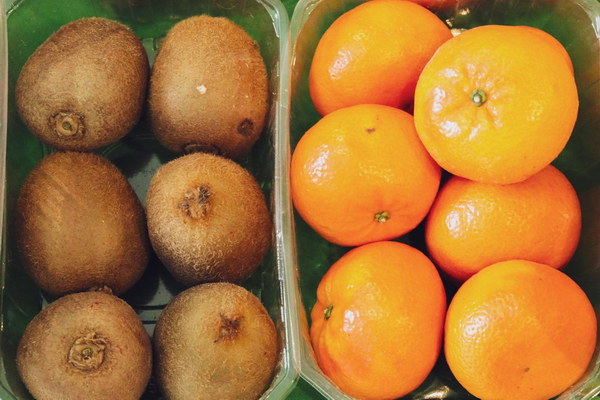The Ultimate Guide to Caring for Your Child with Roseola Best Practices for Health and Comfort
Roseola, also known as sixth disease or exanthem subitum, is a common viral illness that primarily affects infants and young children. While it can be quite concerning for parents, understanding the best ways to care for your child can help ensure a comfortable recovery. In this article, we will explore the best practices for caring for your child with roseola, focusing on health and comfort.
1. Keep your child well-hydrated
One of the most important aspects of caring for a child with roseola is ensuring they stay hydrated. Since the illness can cause fever, vomiting, and diarrhea, it's crucial to offer plenty of fluids. Water, Pedialyte, or breast milk are great options. Encourage your child to drink small amounts frequently, as they may be reluctant to drink when they are not feeling well.
2. Monitor and manage fever

Fever is a common symptom of roseola, and while it's a natural part of the immune response, it can be concerning for parents. To help manage your child's fever, you can use acetaminophen (Tylenol) or ibuprofen (Advil) as directed by your pediatrician. Avoid using aspirin, as it has been linked to Reye's syndrome, a rare but serious condition. Keep a close eye on your child's temperature and report any sudden changes to your pediatrician.
3. Provide a comfortable environment
Keep your child's room cool and well-ventilated. A slightly cooler room can help reduce fever. Dress your child in light, breathable clothing, and use a cool, damp cloth on their forehead to help alleviate discomfort. Additionally, ensure your child gets plenty of rest, as fatigue is common during illness.
4. Encourage gentle activities
While your child may feel well enough to engage in normal activities, it's important to encourage gentle and restful activities. Reading books, watching movies, or listening to music can be soothing for young children. Avoid overexerting your child, as this can worsen symptoms and prolong recovery.
5. Maintain good nutrition
Even though your child may not have much of an appetite, it's crucial to encourage them to eat small, frequent meals. Offer nutritious, easy-to-digest foods, such as soups, fruits, and vegetables. If your child is breastfeeding, continue to breastfeed, as this can provide comfort and support their immune system.
6. Keep your child's skin clean and dry
During roseola, your child may experience a rash that can be itchy. Gently clean the affected areas with lukewarm water and pat them dry. Avoid using harsh soaps or lotions, as these can irritate the skin. If your child is prone to scratching, consider wearing mittens to protect their skin and prevent infection.
7. Seek medical attention if necessary
While roseola is generally a mild illness, it's important to seek medical attention if your child exhibits any of the following symptoms:
- High fever that doesn't respond to fever-reducing medication
- Difficulty breathing or a persistent cough
- Severe dehydration, indicated by a lack of tears, dry mouth, or sunken eyes
- Persistent vomiting or diarrhea
- Difficulty waking or staying awake
In conclusion, caring for your child with roseola involves maintaining hydration, managing fever, providing a comfortable environment, encouraging gentle activities, maintaining good nutrition, and keeping the skin clean and dry. By following these best practices, you can help ensure a comfortable recovery for your little one. Remember to consult your pediatrician for personalized advice and guidance throughout your child's illness.









